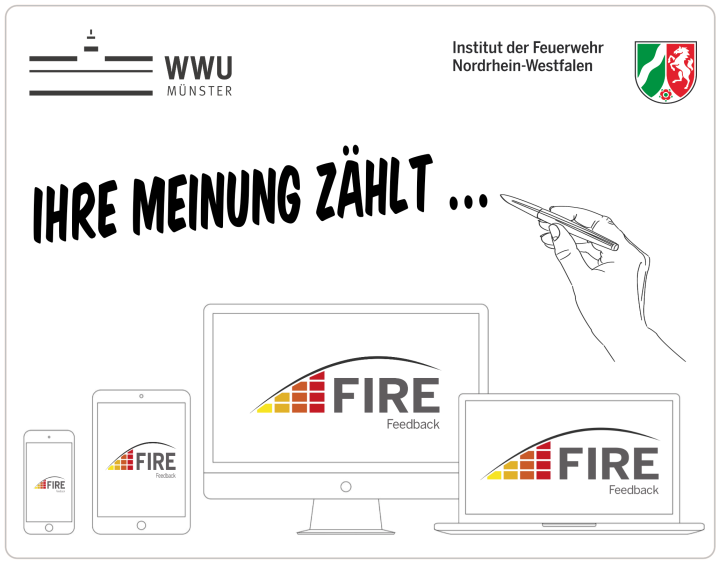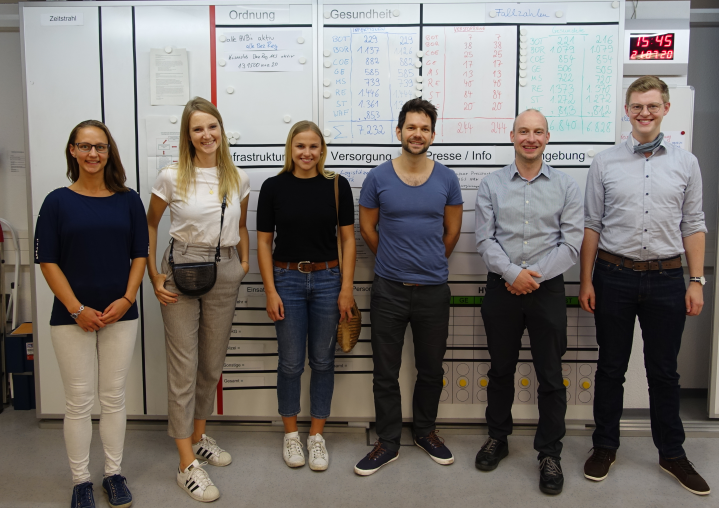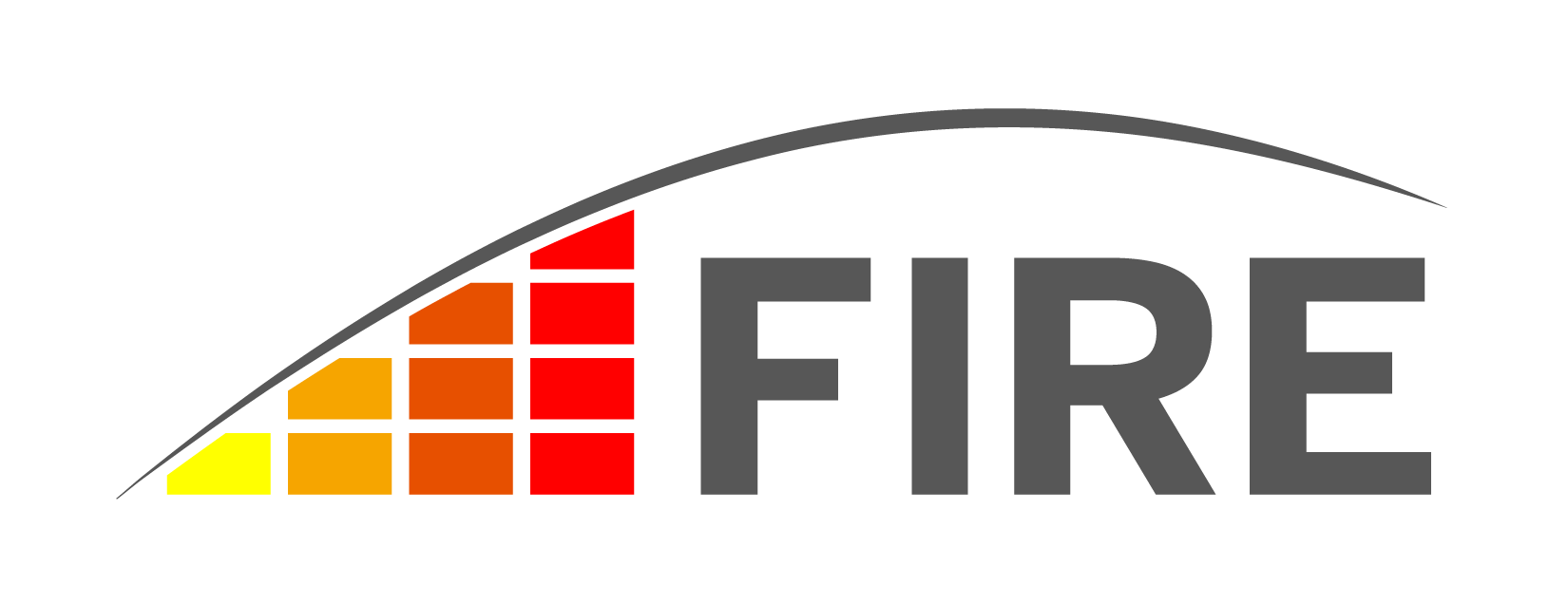

Article in the German <> Journal
Today, an article on the FIRE project appears in the BRANDschutz Journal, the leading and oldest trade journal for the entire fire department, rescue service and environmental protection in Germany. The article contains background information and application notes on our Toolbox.

Further Publications of FIRE-Instruments
Further Publications of FIRE-Instruments
The FIRE-B was published in the Journal of Homeland Security and Emergency Management! This questionnaire can be used for the evaluation of basic training in the municipal sector, e.g. for troop man training.
After the FIRE-CU has already been published in the English-language Journal of Disaster Risk Science, the German-language ZIS documentation is now also available.

Visit to the Crisis Unit of the District Government
Publication of the FIRE-CU!
The FIRE-CU which was developed in the FIRE project was published in the International Journal of Disaster Risk Science! With the help of this evaluation questionnaire, the quality of the training of crisis units can be reliably and precisely assessed. The article is freely accessible here.
Two More FIRE Scales Published!
Two further instruments developed in the FIRE project were published in the Compilation of Social Science Items and Scales (ZIS). The detailed documentation of the questionnaires for the evaluation of day events and fire training exercises is now freely accessible.
Current Study: Crisis Units in the Corona Pandemic
In the Corona pandemic, crisis units are dealing with the organization of public life throughout the country. The enormous dimensions of the current situation present them with special challenges.
The Department of Organizational and Business Psychology at the University of Münster and the State Fire Institute NRW are jointly conducting a study on the work of crisis units in the corona pandemic. Effective behavior and working methods are to be analyzed and typical obstacles and non-effective working methods identified. The aim is to improve staff work and training now and in the future.


